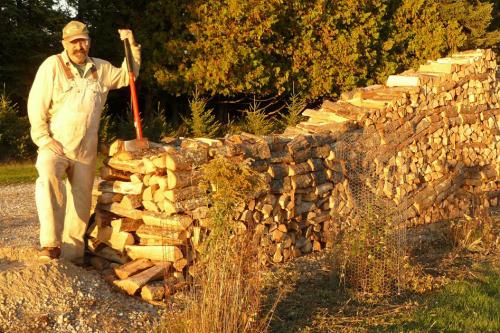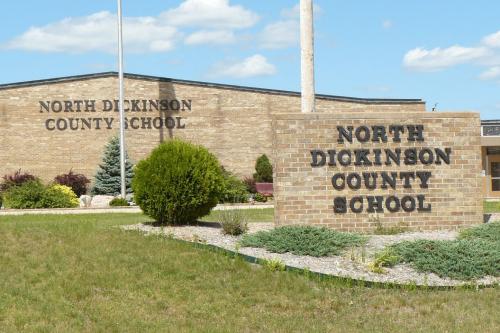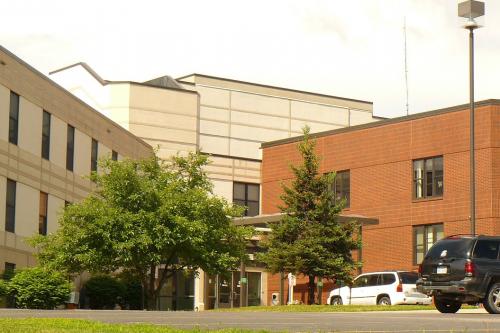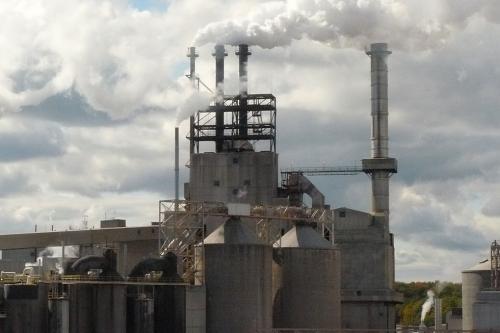Why Invest in Wood Energy?
- On a global scale, it is renewable, carbon neutral and reduces reliance on fossil fuels
- On a regional scale, it creates local, rural jobs that cannot be outsourced and keeps energy investment in Michigan
- On a personal scale, it saves you money every month on your heating bills
The waste heat from U.S. power generation exceeds the combined total national energy use in all but three of 216 countries. One could think that this is an important problem. It’s also an avenue for great opportunity.
How Can Wood Energy Work for You?
Read about potential advantages in a one-page document.
In Your Home |
In Your Workplace |
In Your Community |
In Your Region |
 |
 |
 |
 |
A note about carbon, fuel, and the atmosphere
You can burn trees for fuel for a thousand years, or a million, with no increase in carbon within the carbon cycle. In fact, managed forest landscapes actually sequester more carbon than unmanaged forest landscapes. On the other hand, no matter how little fossil fuel you burn, atmospheric carbon dioxide (CO2) will be increased. It is true that, compared with wood, burning fossil fuel may produce less CO2 for the amount of energy received, but that is irrelevant when looking at the complete carbon life cycle and how the planet moves carbon from pool to pool.
About half of the weight of wood is carbon. No matter how a tree dies, that carbon goes someplace. With regard to atmospheric carbon dioxide, if a tree is turned into lumber or paper products, it continues to be carbon negative until it burns or rots. If it is burned for fuel, it's a wash, since the carbon came from the air as CO2 and is then returned to the air as CO2. If it is left to rot, a small portion of the carbon is converted to methane (CH4), which is 15 to 60 times worse than CO2 as a greenhouse gas. So, if you cannot store wood out of the the weather or convert it to biochar (both carbon negative at least for a while), burning is the best option, especially if done well or completely. This is particularly true if the energy is used so that the amount of fossil fuel consumed is reduced.
About the Michigan Wood Energy Team
The Michigan Wood Energy Team assesses Michigan’s woody biomass supplies, energy infrastructure, and community readiness related to wood energy. We also provide educational resources related to the use of wood energy in Michigan, and provide supporting materials for the installation of demonstration systems for wood energy combined heat and power or district heating and cooling systems at the institutional or small community scale. Learn more about our mission and our members.
News
-
Wood chip heat
Published on November 12, 2019
As older boilers reach replacement age, it’s well worth considering systems that burn renewable and cost-competitive wood chips. Michigan is well-poised to expand this very environmentally-friendly heating fuel. -
Home heating devices
Published on October 24, 2017
Forests have huge potential to help supply Michigan with heat and perhaps power. However, providing heating and cooling is the low-hanging fruit. A wide range of appliances help serve this purpose. -
Heating and wood
Published on September 15, 2017
As the colder season approaches, some buildings are less prepared than others. Wood-based products, such as chips or pellets, can be viable alternatives to new fossil fuel furnaces and boilers.




 Print
Print Email
Email